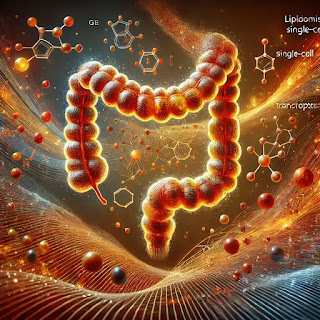Understanding Your Immune System: A Lifespan Journey

Image credit: https://openai.com/index/dall-e/ Have you ever wondered how your immune system changes as you get older? It’s not just about catching colds, our immune system is always working hard to protect us and it’s constantly evolving throughout our lives. A new study has looked at how our immune system changes from birth right through to old age, providing some fascinating insights. What the study did : Scientists looked at blood samples from a large group of healthy people, ranging from newborns to those over 90 years old. They used advanced techniques to study the different types of immune cells in these samples. They looked at how these cells behave and change over time. This is called a "single-cell atlas," because they looked at each cell individually. Key findings Immune cells change over time: The study identified 25 different types of immune cells in the blood. The number of each type of cell changes throughout life. Some become more commo...
.%20On%20the%20left,%20a%20healthy%20human%20fig.webp)

%20in%20humans,%20depicted%20through%20a%20biological%20lens.%20The%20image%20shows%20a%20human%20hand%20with%20infl.webp)




%20and%20Tregs%20(regulatory%20T%20cells)%20in%20the%20context%20of%20alle.webp)
